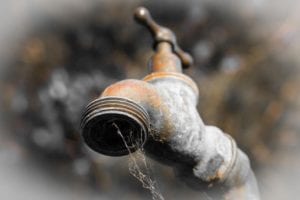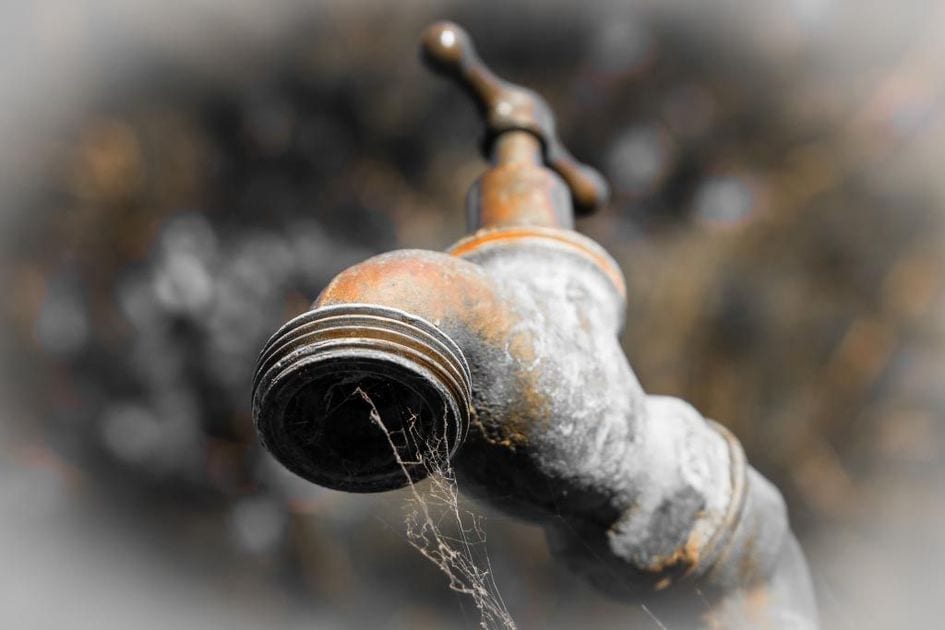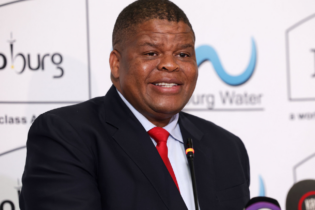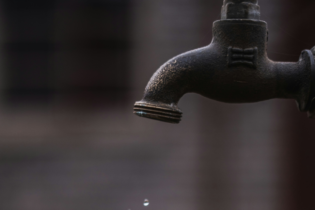In 2013, the education department published the Norms and Standards for school infrastructure regulations, which aimed to fast-track the delivery of basic services to all schools by the end of November this year, but hundreds remain affected.
Earlier this year, Equal Education visited 200 public schools around the province to assess the severity of each situation. In Gauteng, some pupils at township schools struggled without access to proper ablution facilities. It was reported that in some instances, up to 100 pupils were forced to share one toilet while others did not have toilet paper and sanitary bins. Although R150 million has been committed to improving the infrastructure and sanitation in these schools, local government and the education department has said they cannot do it alone. The department said in a statement that its minister, Angie Motshekga, was to release a report on the state of infrastructure and basic services at schools last Thursday, however no report has been released yet. Equal Education said provinces such as Limpopo and the Eastern Cape remain badly affected and the department admitted that despite the progress that has been made since 2013, many challenges remain.
Inadequate infrastructure and sanitation facilities will ultimately impact on the matric pass rate, says Equal Education, a non-profit organisation striving for quality education for all.
A number of schools around South Africa which have been battling with access to basic services will suffer a little longer as the Department of Basic Education missed last week’s deadline, the end of November 2016, to ensure these schools have access to water, electricity and basic sanitation.
Schools in the KwaZulu-Natal and Eastern Cape provinces have been among the worst affected. Cases of classrooms being shared between schools have been reported at the Thandanani Primary and Enkangala Secondary Schools, that share a premises. Thandanani’s school population has also grown and both schools have resorted to sharing pit latrines.
The school’s governing body said that the school made a request for new classrooms almost 10 years ago, however the school has still not received clear answers from the department about the delay.
School governing body representative, Anton Majola told eNCA, “We are very concerned because it’s like they are giving us 5 cents, they are saying we should go and buy bread for 10 cents and come back with change. So what I am saying is that, what they are giving us is very small yet they are expecting a lot”.
The department has however said that all schools which submitted the necessary documents were allocated funds and that it will investigate why Enkangala Secondary School had been excluded and whether the school had not complied, in which case disciplinary action would follow.








